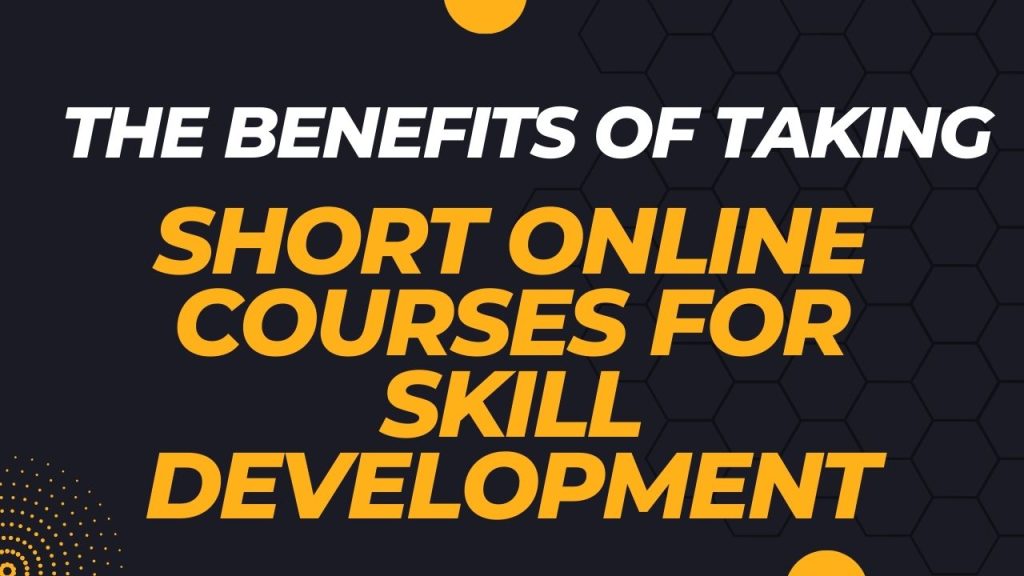Now, we all have heard about AI (Artificial Intelligence), and generative pre-trained transformer like Chat-gpt from the team Open AI, copilot from Microsoft, and Gemini from Google. Now if you are familiar or atleast ever used AI for study or cramming the entire semester syllabus one night before end semester exam, you know that AI is an powerful tool and it can be used to automate a lot of repeated tasks. Not to mention this power of AI lead to lot of online debate if AI is just an technology or will it replace lot of employment. Well internet is filled with these debates and generic advice on staying top of one’s field by continuous learning in a specific domain, upgrading skills and learning to use AI specific tools. Well this blog will not be one of those debates and generic advice but we will first look the past and how AI got evolved, and then consider potential future of this technology. Now without any further delay let’s get started.
The Early Days
The origins of AI can be traced back to the early 19th century and one of the earliest fiction work that depicted AI was Samuel Butler’s 1889 novel, Erewhon, and his novel was based around the idea of machines evolving consciousness. This lead to the footwork of AI, and established such thing maybe possible in near future but it was just based off on someone’s imagination.
But it was Alan Turing, a British polymath [skilled in various fields], who truly lead to the revolution of AI. In his 1950 paper “Computing Machinery and Intelligence,” he proposed his work stating that that machines could reason and solve problems just like humans.
Not only that He envisioned a world where machines could co-exist with humans1.
Fast forward to 1956, the Dartmouth Summer Research Project on Artificial Intelligence (DSRPAI) was an remarkable project that served it’s purpose as setting up foot stone and foundation for AI. This was hosted by two pioneers John McCarthy and Marvin Minsky, where the term “artificial intelligence” was officially coined. Researchers across the globe gathered to discuss the possibilities of AI, even though the conference fell short of expectations.
Nevertheless, this conference set up the stage for the next two decades of research on AI1.
The Future
Now, we can get technical and dive into hundreds of research papers written and typed by academic scholars, but there is another interesting approach for predicting the future of AI. Any scientific innovation first started as an science fiction, it may have started as an novel, then slowly came into main stream entertainment media like TV shows and movies. For example long back mobile phone [the ones we use today, smart phones] before they were a big shot, they were featured on TV shows and films like James Bond series where we see our action hero using mobile phone in his car, and often as an remote control for the car, Star Trek where the device was called as an ‘communicator’.
The above mentioned is just one such example and from 1960s to early and late 1990’s a lot of TV shows and movies depicted this high-fi tech. Not to mention once alien’s were also broadcast-ed into these shows, and now we are finding or atleast discovering proofs of extra terrestrial life and weird radio signals from the space. Now we leave this topic of aliens for an another blog, but let’s consider some near time realistic fiction tales that revolve around AI.
The first one is a series called ‘Slaughterbots’ and short film that aired in the year 2017, [before chatgpt became mainstream] where this depicted an tech drone smaller than the size of a human palm, can work independently [autonomous ] without anyone controlling the bot, and later this drone shots a small bullet powerful enough to crack the human skull and to damage human brain that causes instant death. You can check this work on youtube by simply typing in ‘Slaughtbot short firlm’ and you will be amazed to see how realistically this short film was made back in 2017 where AI was not even wide spread.
Well you people might be thinking ahh it’s only a work of fiction, even if people are working towards this tech it will take a lot of time, well you never might know, there are a lot of powerful governments and private player who operate behind the closed doors and they carry out these researchers that are later disclosed to the main stream or the public. And currently we have systems that can be used for surveillance, big tech giant’s already have our personal data collected through their products and we have AI algorithms that suggest related content through our online profile. Mind you that some people speculate this online profile might be based on our online activities that are based on our psychological and physiological state.
We are not so far away from the world envisioned by Isaac Asimov, where robotics take over the law, and moral standards can fail leading to unintended consequences. Well if an guy with limited exposure to AI and it’s history can pull out this much information through googling [actually it’s hardcore research on the internet LOL], then imagine the creators or AI, and the tech leads called out for slowing down the development of AI.
Ending Note
Well, the possibilities of AI ending the entire human race might be far off from now, but it might be possible. In the worst case, AI tech might fall into the wrong hands who have dark hidden motives and might use this tech for waging endless war and exploiting human resources. Elon talks about AI, war politics, and other things on the Lex Fridman podcast which you can view here.
Lastly, all we can do is hope and arm ourselves with as much information as possible related to real-world events, and then leverage this information by putting it into action so that we can be one step ahead of the curve.





